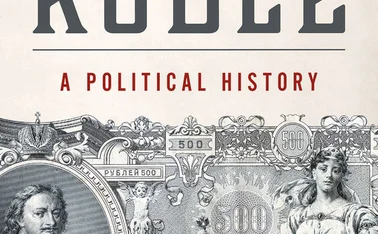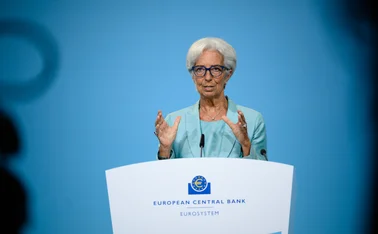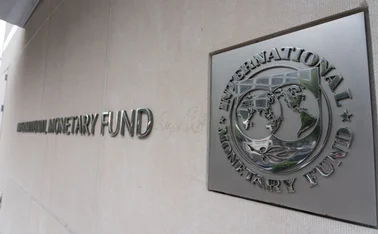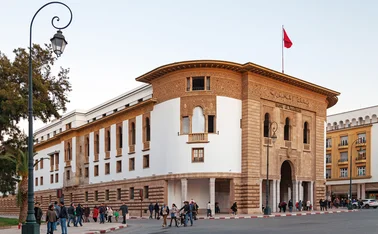
Establishing rules of the game for the international monetary system
A traffic-light system could prevent a 'race to the bottom'

In order to avoid the destructive 'beggar-thy-neighbour' strategies that emerged during the Great Depression, the post-war Bretton Woods regime attempted to prevent countries from depreciating their currencies to gain an unfair and sustained competitive advantage. It required fixed, but occasionally adjustable, exchange rates and restricted cross-border capital flows.
In the post-Bretton Woods world of largely flexible exchange rates, elaborate rules on when a country could move its exchange
Only users who have a paid subscription or are part of a corporate subscription are able to print or copy content.
To access these options, along with all other subscription benefits, please contact info@centralbanking.com or view our subscription options here: http://subscriptions.centralbanking.com/subscribe
You are currently unable to print this content. Please contact info@centralbanking.com to find out more.
You are currently unable to copy this content. Please contact info@centralbanking.com to find out more.
Copyright Infopro Digital Limited. All rights reserved.
You may share this content using our article tools. Printing this content is for the sole use of the Authorised User (named subscriber), as outlined in our terms and conditions - https://www.infopro-insight.com/terms-conditions/insight-subscriptions/
If you would like to purchase additional rights please email info@centralbanking.com
Copyright Infopro Digital Limited. All rights reserved.
You may share this content using our article tools. Copying this content is for the sole use of the Authorised User (named subscriber), as outlined in our terms and conditions - https://www.infopro-insight.com/terms-conditions/insight-subscriptions/
If you would like to purchase additional rights please email info@centralbanking.com
Most read
- Bernanke calls for total redesign of BoE forecasting
- Taking stock of Bernanke: the original sin of forecasting
- Bank of England: time for fourth-generation forecasting tools?








